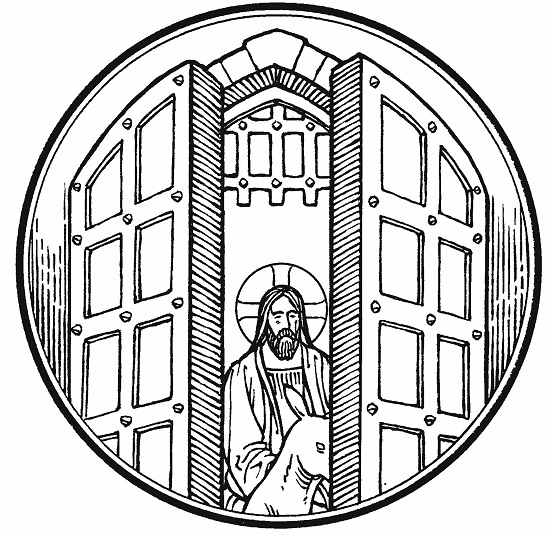Tag: Ad te levavi
-

First Sunday in Advent
~ Ad Te Levavi ~ Readings: Jeremiah 23:5-8 | Romans 13:8-14 | Matthew 21:1-9 Text: Matthew 21:1-9 “Your King Comes to You” This is the beginning of Advent, the season leading up to Christmas. This word, Advent, is handed down to us from generations of Christians before us. It means, “to come to” (ad +…
-
First Sunday in Advent (Ad te levavi)
Readings: Jeremiah 23:5–8 | Romans 13:11–14 | Matthew 21:1–9 Text: Jeremiah 23:5-8; Romans 13:11-14 The Lord promises three things through the Prophet here: Salvation, security, and righteousness. We know salvation most of the time from the lack of it. Nobody asks to be saved from good days, joys, and pleasures. Instead, people cry out to…